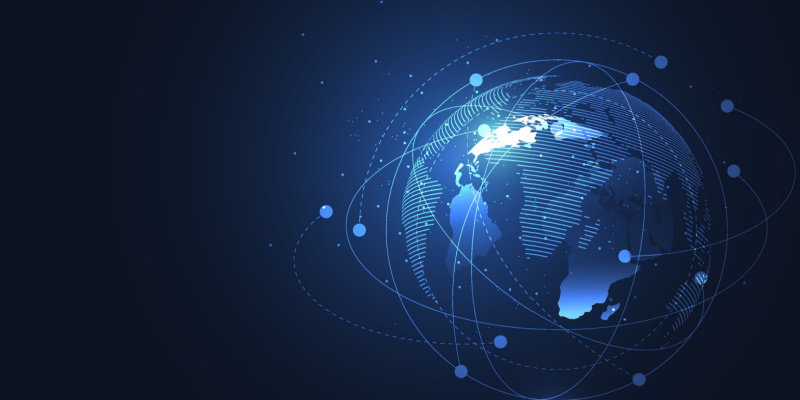In the vast expanse of the digital landscape, the future of the internet unfolds before us, a tapestry woven with threads of innovation, connectivity, and transformative possibilities. As we stand at the cusp of a new era, the internet is poised to undergo profound changes, reshaping the way we interact, create, and navigate our increasingly interconnected world.
The Rise of Quantum Computing:
At the forefront of this digital evolution is the emergence of quantum computing, a technological marvel that promises to revolutionize the capabilities of the internet. Unlike classical computers, quantum computers leverage the principles of quantum mechanics, unlocking unprecedented processing power. This quantum leap in computational ability has the potential to revolutionize fields such as cryptography, optimization, and artificial intelligence, fundamentally altering the landscape of the internet.
The Decentralization Dilemma:
A notable shift in the future of the internet lies in the growing emphasis on decentralization. Blockchain technology, once synonymous with cryptocurrencies, has transcended its initial applications to become a cornerstone in the quest for a decentralized internet. By distributing data across a network of nodes rather than centralized servers, blockchain offers enhanced security, transparency, and resilience against cyber threats. This move towards decentralization has implications for data privacy, user autonomy, and the very architecture of online platforms.
The Metaverse Unveiled:
As the boundaries between the physical and digital worlds blur, the concept of the metaverse is gaining traction. A fully immersive, interconnected virtual reality space, the metaverse envisions a digital realm where users can live, work, and play. With advancements in augmented reality (AR) and virtual reality (VR), the metaverse is poised to redefine social interactions, commerce, and even education, creating a parallel universe that mirrors, and in some cases surpasses, our physical reality.
The Internet of Things (IoT) Maturation:
The proliferation of internet-connected devices, collectively known as the Internet of Things (IoT), is set to reach new heights in the coming years. Smart homes, cities, and industries will witness an influx of interconnected devices, fostering efficiency, automation, and real-time data exchange. While the benefits are abundant, the surge in IoT devices raises concerns about cybersecurity, data privacy, and the ethical implications of a world saturated with interconnected sensors.
Artificial Intelligence’s Ascendance:
Artificial Intelligence (AI), the cornerstone of many technological advancements, is poised to play an even more prominent role in shaping the future of the internet. From personalized content recommendations to autonomous systems and predictive analytics, AI algorithms are becoming increasingly sophisticated. However, the ethical considerations surrounding AI, including bias, transparency, and accountability, demand careful scrutiny as these technologies become integral to our online experiences.
Challenges on the Horizon:
Despite the promise of a technologically advanced future, challenges loom on the digital horizon. Cybersecurity threats, misinformation, and the digital divide are pressing issues that demand attention. Safeguarding the internet’s integrity requires collaborative efforts from governments, industries, and users alike to ensure a secure, inclusive, and accessible digital landscape for generations to come.
As we gaze into the crystal ball of technological progress, the future of the internet unfolds with both excitement and caution. Quantum computing, decentralization, the metaverse, IoT, and AI are the keystones shaping this evolving digital ecosystem. The road ahead is rife with opportunities and challenges, beckoning us to navigate this uncharted territory with a blend of innovation, responsibility, and a steadfast commitment to the principles that underpin the vast and ever-expanding world of the internet.

